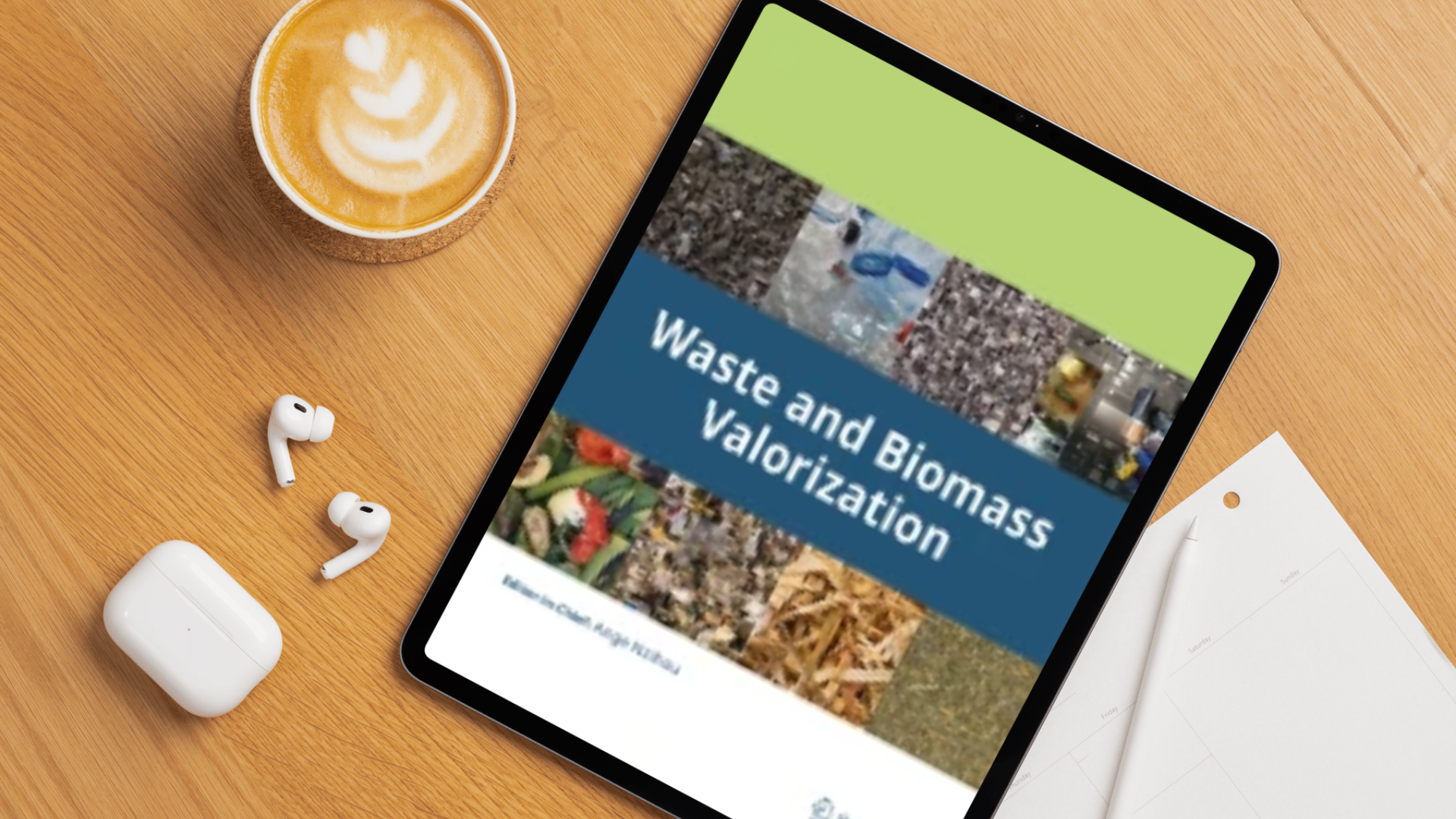Abstract
The escalating global magnitude of food waste (FW) poses multifaceted environmental, economic, and social concerns, demanding innovative and renewable management solutions. This review delves into biotechnological strategies focused on leveraging lactic acid (LA) and microbial biomass to tackle the complexities of FW treatment. LA, a prominent organic acid in fermentation processes, is a pivotal component in FW valorization due to its diverse industrial applications and eco-friendly attributes. By harnessing microbial fermentation pathways, FW can be efficiently converted into LA, thereby mitigating waste accumulation while concurrently yielding value-added products. Moreover, microbial biomass derived from fermentation operations offers additional avenues for sustainable waste management and serves as a nutrient-rich reservoir for applications ranging from bioenergy production and agricultural fertilization to biopolymer synthesis, food, and animal feed. The review explores current state-of-the-art biotechnological approaches, elucidating challenges and outlining future perspectives to maximize the efficacy of LA and microbial biomass in FW treatment. Legislative frameworks concerning FW management have also been discussed. Through comprehensive analysis, the review highlights the integral role of biotechnology in fostering durable solutions for the global FW challenge.
Bilal, Muhammad & Niu, Dandan & Wang, Zheng-Xiang. (2024). Biotechnological Strategies and Perspectives for Food Waste Treatment: The Role of Lactic Acid and Microbial Biomass. Waste and Biomass Valorization. 16. 547-569. 10.1007/s12649-024-02705-y.




